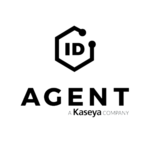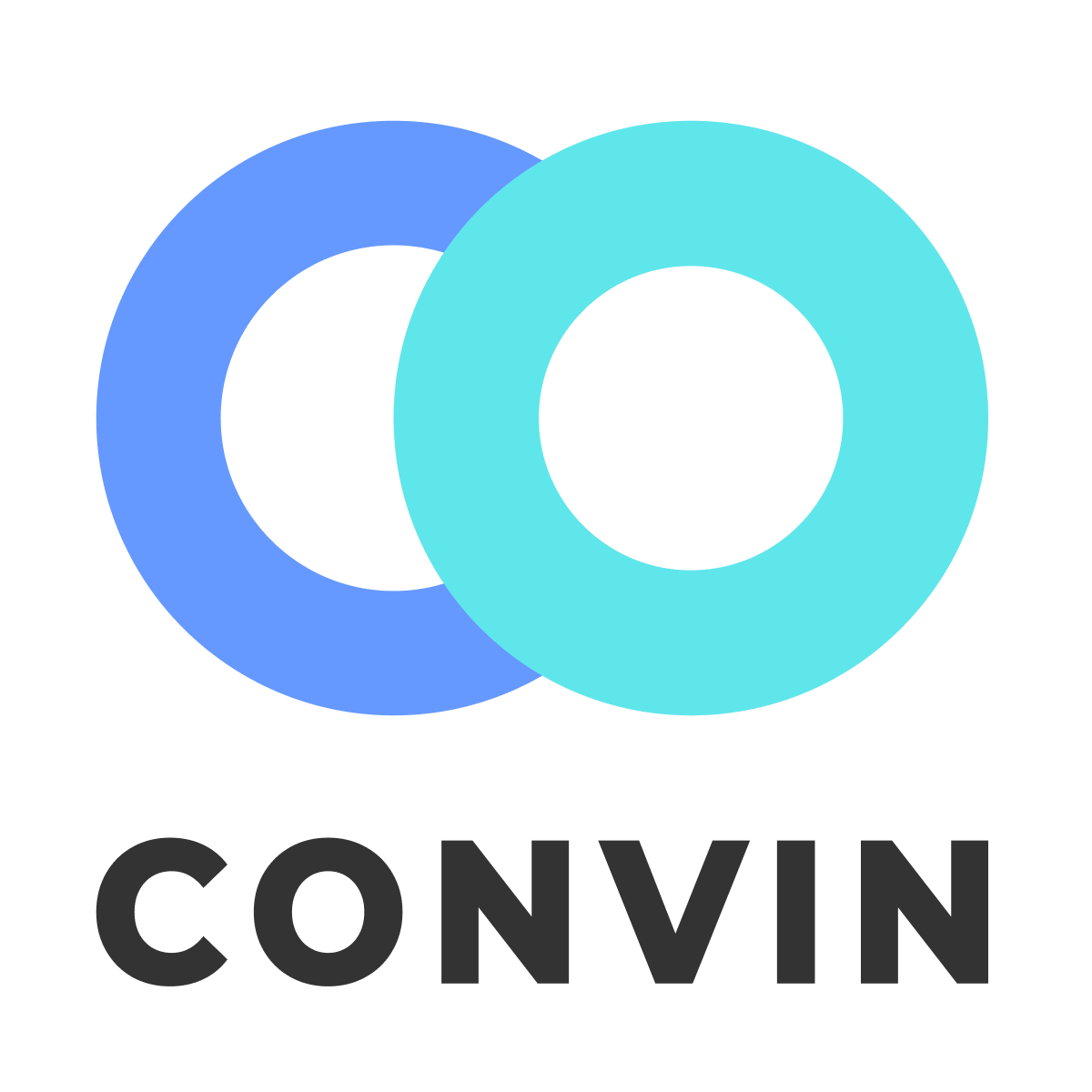Description

CybSafe

Seismic
Comprehensive Overview: CybSafe vs Seismic
Certainly! Here's a comprehensive overview of CybSafe and Seismic, focusing on their primary functions, target markets, market positions, and key differentiating factors:
CybSafe
a) Primary Functions and Target Markets:
- Primary Functions: CybSafe is a cybersecurity platform focused on human risk management. It provides tools and analytics to help organizations understand and manage their human cyber risk effectively. The platform is designed to educate employees, influence behaviors, and measure security improvements over time. Key features include security awareness training, simulated phishing, and behavior analytics.
- Target Markets: CybSafe primarily targets enterprises of various sizes that are looking to enhance their cybersecurity posture by focusing on the human element. It serves sectors such as finance, healthcare, government, and any organization that requires robust cybersecurity defenses and employee training.
b) Market Share and User Base:
- CybSafe is a niche product within the cybersecurity training and awareness sector. Though specific market share data isn't broadly reported, it's considered a specialized tool with a growing customer base due to the increasing emphasis on human-centric cybersecurity solutions. Its user base includes a mix of small, medium, and large organizations globally, with a significant presence in the UK.
c) Key Differentiating Factors:
- Behavioral Science Approach: CybSafe emphasizes a behavioral change approach rather than just compliance-based training, using data-driven insights to improve employee security behavior.
- Continuous Learning Experience: It offers continuous, personalized learning modules rather than one-time training sessions, which helps in better retention and application of cybersecurity practices.
- Analytics and Reporting: Provides advanced analytics and reporting tools that allow organizations to track the effectiveness of their training programs and identify areas for improvement.
Seismic
a) Primary Functions and Target Markets:
- Primary Functions: Seismic is a sales and marketing enablement platform that helps organizations streamline content management, improve sales productivity, and engage customers with personalized content. Key features include content automation, analytics, sales engagement, and dynamic content personalization.
- Target Markets: Seismic targets large enterprises and organizations in industries such as financial services, healthcare, technology, and manufacturing. It’s designed for sales and marketing teams looking to enhance their customer engagement and streamline their content operations.
b) Market Share and User Base:
- Seismic is a leader in the sales enablement space and holds a significant market share compared to competitors. It’s widely adopted by Fortune 500 companies and has a substantial global user base, with thousands of customers leveraging its platform to optimize their sales and marketing efforts.
c) Key Differentiating Factors:
- Content Automation: Seismic offers robust content automation capabilities that allow organizations to manage and distribute content at scale, ensuring sales teams have access to the most relevant and up-to-date materials.
- Integration Ecosystem: It has a broad range of integrations with CRM, email, and other enterprise platforms, which enhances its functionality and ease of use for sales and marketing teams.
- Sales Enablement Focus: Unlike many competitors, Seismic places a strong emphasis on enabling sales teams with tools that increase productivity, allow for more engaging interactions with prospects, and shorten the sales cycle.
Comparison Summary:
- Function and Focus: CybSafe is tightly focused on cybersecurity awareness and behavior management, while Seismic is geared towards sales and marketing enablement.
- Target Market: CybSafe caters more to HR and IT security teams, whereas Seismic targets sales and marketing departments in large enterprises.
- Market Presence: Seismic has a considerable lead in terms of market share and user base within its domain, while CybSafe is growing as organizations prioritize cybersecurity awareness.
- Technology and Approach: CybSafe uses a behavior-led approach, whereas Seismic leverages content automation and deep integrations to drive sales and marketing efficiency.
Both platforms excel in their respective domains by addressing specific business challenges through specialized capabilities, making them valuable tools for organizations seeking to enhance cybersecurity practices or improve sales and marketing operations.
Contact Info

Year founded :
2015
+44 20 3909 6913
Not Available
United Kingdom
http://www.linkedin.com/company/cybsafe-limited

Year founded :
2010
Not Available
Not Available
United States
Not Available
Feature Similarity Breakdown: CybSafe, Seismic
CybSafe and Seismic are both software solutions, but they operate in distinct domains. CybSafe is a cybersecurity and awareness platform focused on human cyber risk management, while Seismic is a sales and marketing enablement platform that helps organizations optimize their sales content and strategy.
a) Core Features in Common:
While CybSafe and Seismic operate in different sectors, they share some overarching technology features typical of modern SaaS solutions:
-
Analytics and Reporting: Both platforms provide analytics to track performance. CybSafe offers insights into user engagement and areas of risk, while Seismic provides analytics on content performance and user engagement to optimize sales processes.
-
User Management: Both systems offer user management capabilities, allowing administrators to manage users, assign roles, and track user activities.
-
Integration Capabilities: Both platforms integrate with other tools and systems. CybSafe integrates with security tools and IT ecosystems, while Seismic integrates with CRM systems, marketing automation tools, and communication platforms to streamline sales processes.
b) User Interface Comparison:
-
CybSafe: The user interface of CybSafe emphasizes ease of use and engagement, with a focus on e-learning, risk assessment, and user behavior analytics. It is designed to be intuitive for users who may not have a technical background, prioritizing clarity and accessibility.
-
Seismic: Seismic's interface is designed for sales and marketing professionals with a focus on content management and presentation. It provides a visually rich and interactive experience, featuring dashboards, customizable content libraries, and client-facing presentation tools.
c) Unique Features:
-
CybSafe Unique Features:
- Behavioral Science Techniques: CybSafe uses behavioral science to improve user engagement and learning outcomes in cybersecurity training.
- Risk-Based Training: The platform provides personalized training based on the specific risk profile of the user, which is unique in the market.
- Phishing Simulation Tools: CybSafe includes tools to simulate phishing attacks to train and test user awareness.
-
Seismic Unique Features:
- Content Automation: Seismic offers tools to automate the creation and distribution of sales content, which is a key feature for sales enablement.
- LiveDocs and Interactive Content: Seismic allows users to create and share interactive documents that can be customized on the fly for client presentations.
- Sales Content Management: The platform offers advanced content management features specifically tailored for managing and distributing sales and marketing materials efficiently.
In summary, while CybSafe and Seismic may share some common platform features such as analytics and integration capabilities, they serve very different needs and user bases with distinct feature sets unique to their respective domains.
Features

User Training & Education
Phishing Simulation
Compliance & Reporting
Behavioral Analytics

Content Management
Analytics and Insights
Sales Enablement
Best Fit Use Cases: CybSafe, Seismic
CybSafe and Seismic serve distinct purposes and cater to different business needs. Here’s a breakdown of their ideal use cases:
CybSafe
a) For what types of businesses or projects is CybSafe the best choice?
CybSafe is a cybersecurity software platform focused on human risk management. It is designed to help businesses manage and mitigate human-related cybersecurity risks through awareness training, behavior analytics, and risk assessment. The platform is best suited for:
- Small to Medium Enterprises (SMEs): Especially those without dedicated cybersecurity teams, looking for scalable and automated solutions to improve their cybersecurity posture.
- Large Enterprises: That require comprehensive solutions for training diverse and distributed teams across multiple geographic locations.
- Industries with High Compliance Needs: Such as finance, healthcare, or legal sectors, where human error in data handling and security practices can lead to significant regulatory consequences.
- Organizations Focused on Cultivating a Security-aware Culture: Those looking to integrate security best practices into the daily behavior of their staff and promote a security-first mindset.
Seismic
b) In what scenarios would Seismic be the preferred option?
Seismic is a sales enablement and content management platform designed to help organizations streamline and optimize their marketing and sales efforts. It is primarily used for:
- B2B Companies with Large Sales Teams: Seismic is ideal for businesses looking to equip their sales teams with the right content and tools to close deals more effectively.
- Enterprises Prioritizing Data-driven Sales: Firms that leverage analytics to personalize content and optimize sales strategies.
- Companies with Complex Product Portfolios: That need to ensure their sales teams have access to up-to-date, brand-consistent sales materials.
- Industries Such as Financial Services, Technology, and Healthcare: Where detailed and accurate content support is crucial given the complex nature of the products and the need for compliance with industry regulations.
d) How do these products cater to different industry verticals or company sizes?
-
CybSafe:
- Verticals: Primarily targets industries where human error poses a significant cybersecurity risk and compliance is critical. Industries such as finance, healthcare, insurance, and legal benefit from its tailored training and assessment modules.
- Company Sizes: CybSafe caters to both SMEs and large enterprises by offering scalable solutions that can be tailored to the size of the organization and the complexity of its cybersecurity needs.
-
Seismic:
- Verticals: Seismic serves a wide range of industries, especially those that rely heavily on structured sales processes and content marketing, such as financial services, technology, healthcare, manufacturing, and consumer goods.
- Company Sizes: Designed for scalability, Seismic is suitable for medium to large enterprises, particularly those with large sales and marketing teams spread over various locations. Its robust features and integrations can support complex organizational structures and workflows.
Both platforms provide significant value in their respective niches, focusing on enhancing security culture and improving sales effectiveness, tailored to the unique needs of different industries and organizational sizes.
Pricing

Pricing Not Available

Pricing Not Available
Metrics History
Metrics History
Comparing teamSize across companies
Conclusion & Final Verdict: CybSafe vs Seismic
When evaluating CybSafe and Seismic, two distinct platforms with different primary focuses—cybersecurity awareness for CybSafe and sales enablement for Seismic—it's essential to consider their specific purposes, features, and target audiences. Here's a detailed analysis, which also identifies the product offering the best overall value based on certain conditions:
a) Best Overall Value
Best Overall Value: It depends significantly on the user’s needs. If cybersecurity training and risk management are a priority, CybSafe offers the best value. If enhancing sales effectiveness and content management is the goal, Seismic is the clear winner.
b) Pros and Cons
CybSafe:
-
Pros:
- Focused on Cybersecurity Awareness: Provides specialized training and behavioral analysis to reduce human cyber risk.
- Data-Driven Insights: Uses data analytics to track progress and offer personalized training experiences.
- User-Friendly Interface: Easy for non-technical users to navigate and understand.
-
Cons:
- Specialized Use Case: Primarily focuses on cybersecurity awareness; not suitable for businesses looking for broader business process improvements.
- Cost & Scalability: May be less cost-effective for very large enterprises looking to scale extensively without significant cost increases.
Seismic:
-
Pros:
- Comprehensive Sales Enablement: Offers robust content management, analytics, and automation tools for sales teams.
- Integration Capabilities: Integrates well with CRM systems and other tools to streamline workflows.
- Customizable and Scalable: Adaptable to businesses of varying sizes with diverse needs.
-
Cons:
- Complexity for Small Businesses: Smaller companies might find Seismic’s extensive features overwhelming or unnecessary.
- Higher Learning Curve: Users might face a steeper learning curve to fully exploit all functionalities.
c) Recommendations
-
Assess Your Primary Needs:
- If your main concern is enhancing your organization's cybersecurity posture and reducing human error risks, CybSafe should be the choice.
- If your goal is to optimize your sales operations, improve productivity, and manage sales content effectively, Seismic will likely provide better value.
-
Consider Scale and Budget:
- For businesses that need scalable solutions with potential for extensive growth, both products offer solutions, but it’s crucial to evaluate the cost implications of scaling each platform based on their pricing models.
-
Evaluate Integration Requirements:
- Check how each platform integrates with your existing systems. Seismic generally offers robust integration options for sales tools, which could be a deciding factor.
-
Trial and Demos:
- Leverage free trials or product demos to get a hands-on feel of each platform’s usability and fit for your team.
In conclusion, the choice between CybSafe and Seismic should be guided by your organization’s specific needs related to cybersecurity training or sales enablement. Each platform excels in its domain, offering unique value propositions, which makes your decision more about aligning features with strategic goals rather than choosing a definitively superior product.
Add to compare
Add similar companies




